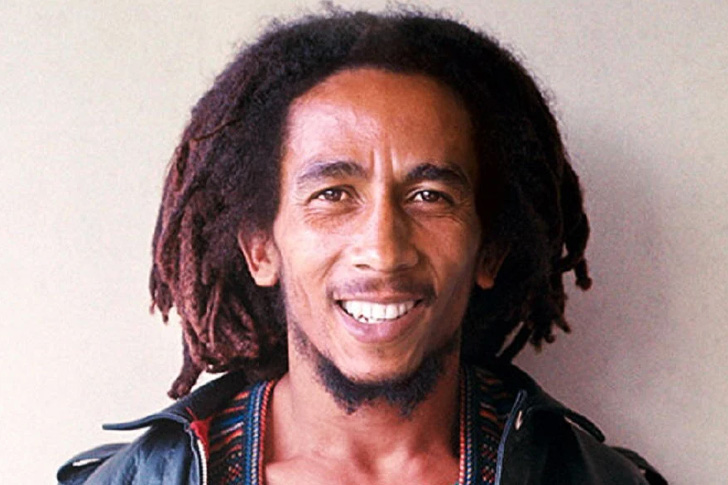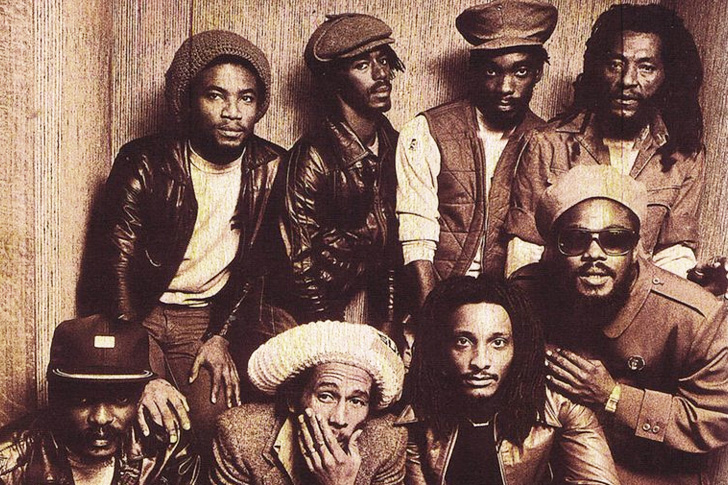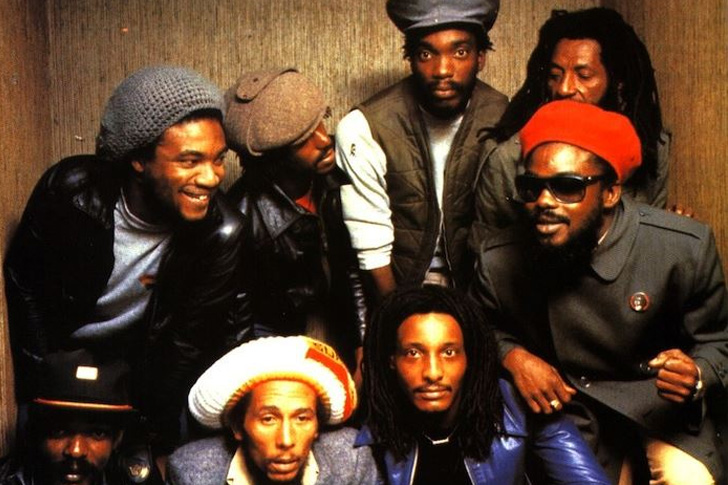How Bob Marley Brought The Sounds of The Caribbean To The Rest of The World
The world of music is filled to the brim with music icons and legends whose works changed the course of the industry forever. One of those renowned icons is none other than the king of reggae music himself, Bob Marley. His contributions have been far and wide, stretching from music to politics and even down to religion. As a musician, Bob advocated for a lot of social and political issues not only in his home country of Jamaica but issues that plagued the rest of the world as well. Though the world knew him mainly as a musician, Bob was also a religious figure back in his home. Needless to say, Bob Marley lived an incredibly colorful life filled with varying degrees of victories, as well as defeats, and telling his entire story would probably be too big of a task for a short piece of writing. However, if you are genuinely curious about the life that this legend lived, then keep reading. Here’s a quick overview of the man and the legend, Bob Marley.
EARLY LIFE

Bob Marley, otherwise known as Robert Nesta Marley, was born on February 6, 1945, in St. Anne Parish, Jamaica. His father was an English-Jamaican man who served in the Royal Military years before Marley was born. His mother, on the other hand, was an Afro-Jamaican singer and writer who inspired Bob’s passion for music and a certain degree of his political ideologies.
At age 14, Bob dropped out of school and began pursuing his passion for music. To earn some extra income, however, Bob learned how to weld. It was also around this time that Bob met Bunny Wailer and ska musician Joe Higgs, and the three began honing their music together.
THE WAILERS

After a failed attempt to get his solo music career up and running, Bob Marley joined his teenage friends Bunny Wailer, Joe Higgs, and Peter Tosh to form a band that they initially called “The Teenagers.” The band’s name went through a series of changes until the four ultimately decided to call themselves “The Wailers.” Then in 1963, the band landed their very first record deal with Studio One and released their debut single I’m Still Waiting. A year later, the band scored their very first number-one single when their song Simmer Down ended up on top of the Jamaican music charts. The band enjoyed a considerable degree of success since then.
THE MARLEY LEGACY

While The Wailers were busy building and promoting their musical careers, they were also starting to get into the Rastafari faith, and began to slowly incorporate the ideas of the religion into their music. Then in 1968, they started producing a wealth of new materials born from their Rastafarian beliefs. The following year the band teamed up with producer Lee Perry and his house band, The Upsetters, and produced the hit songs Small Axe, Soul Almighty, and My Cup.
In 1971, The Wailers signed with Island Records and produced their first international album. The group enjoyed a great deal of success under their new management. However, both Bunny Wailer and Peter Tosh decided to depart from the band in favor of their solo careers. Left alone, Bob brought in his wife Rita along with Marcia Griffiths and Judy Mowatt to join him in producing new music.
The team put in a lot of effort and investments in creating materials and released their breakthrough album in 1975. The album was a hit and quickly shot to the Top 40 list of the UK charts through their single No Woman, No Cry. From there on out, Bob’s career and fame grew and grew until, finally, his name reached the United States.
As Bob and his team continued to tour across the globe, he started to gain more and more recognition until he was given credit for being the pioneer of reggae music. Back home, however, he started to gain a more religious image after bringing the Rastafarian faith to the forefront of popular culture.
However, Bob’s success did not come without a price. Due to his religious influence in Jamaica, some sectors of their society viewed the musician as a threat. This then led to Bob being harassed and assaulted which forced the musician to leave his country and settle in the United States.
While in America, Bob continued to work on his music and released his greatest single Exodus in 1977. Massive success followed suit. However, due to his health, Bob had to refrain from making more music and released his very last album Kaya which was released in 1978.
Because of all these achievements that marked Bob Marley’s life, he is now considered to be one of the biggest game-changers in the history of music.
Based on materials from All Music.
